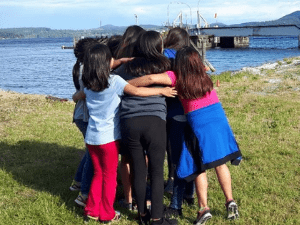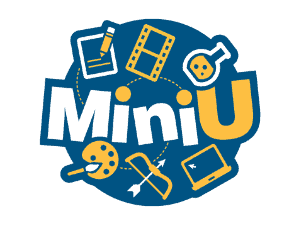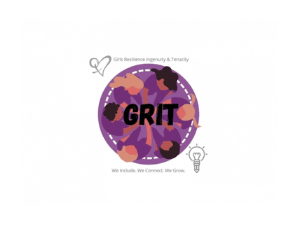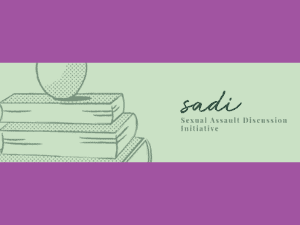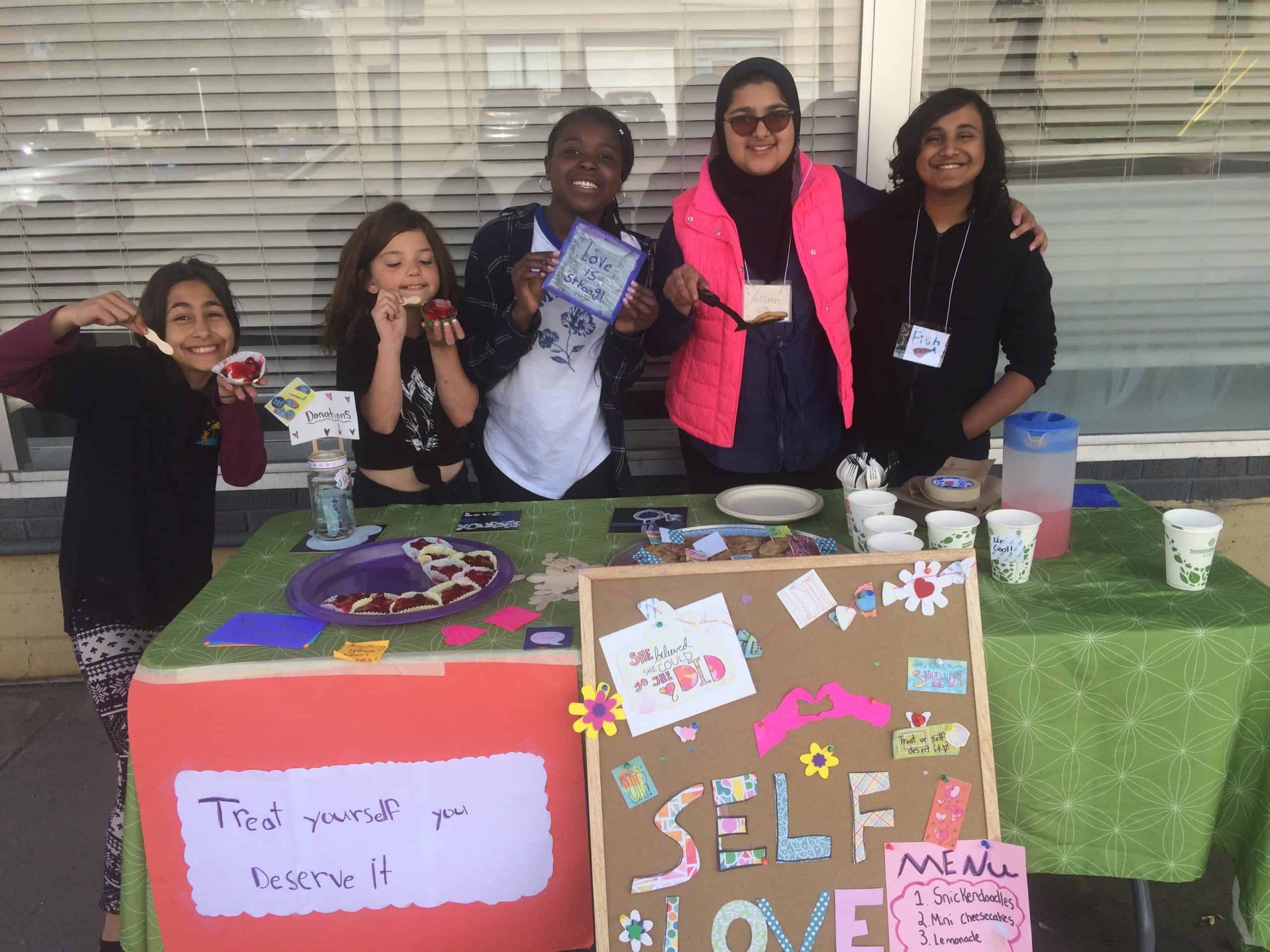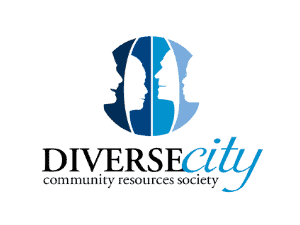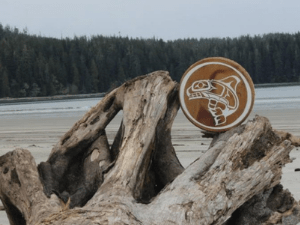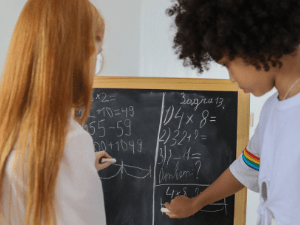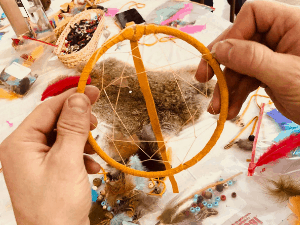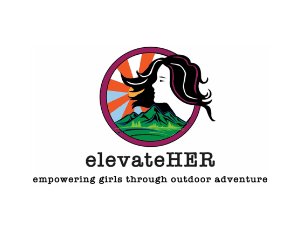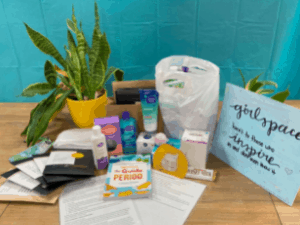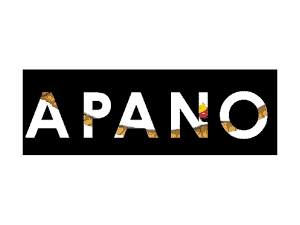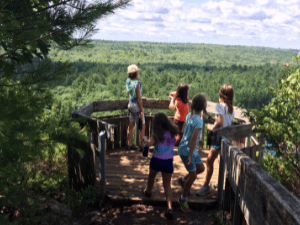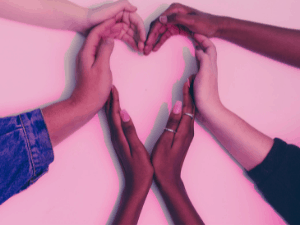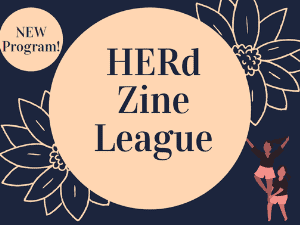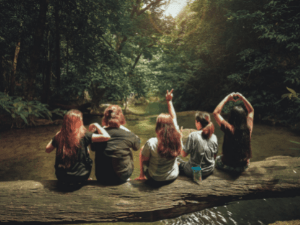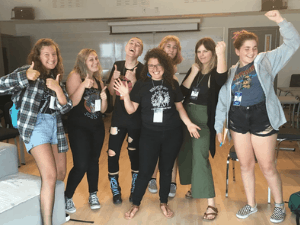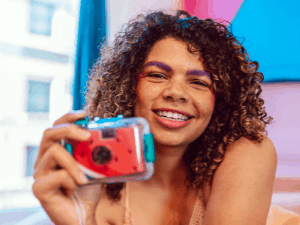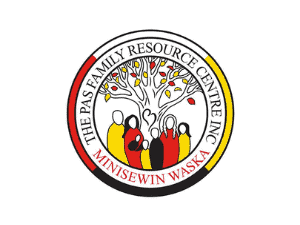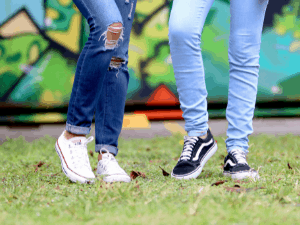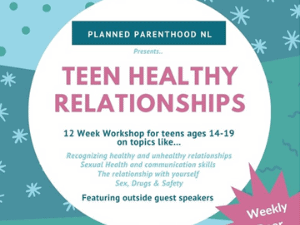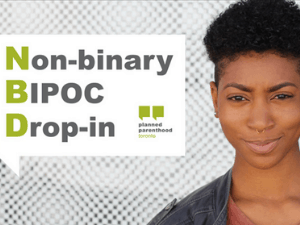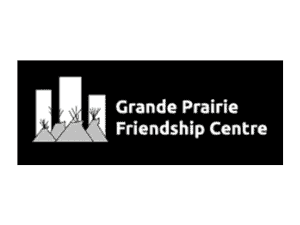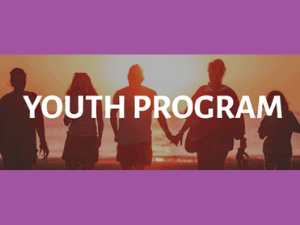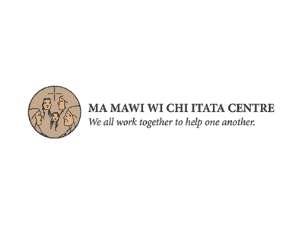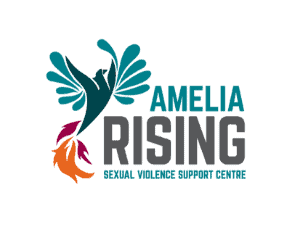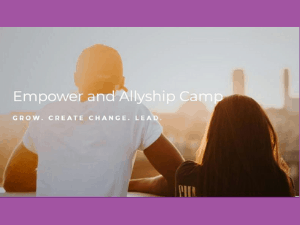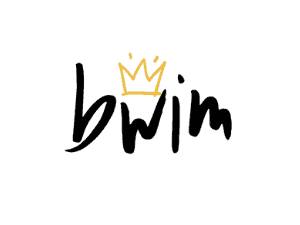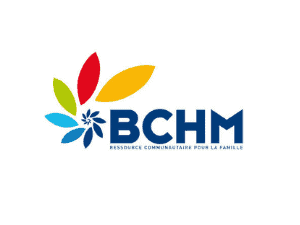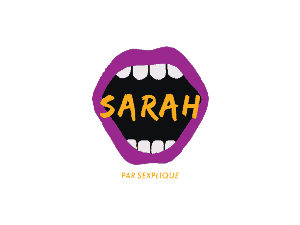Back to School 2023
Girls and gender-diverse young people are struggling with emotional and physical well-being, connection, belonging, confidence, healthy relationships, and optimism for their futures.
There is a growing mental health crisis among young people, but increased demand and under-funding has made resources even scarcer.
Community programs funded through the Canadian Women’s Foundation provide the safe, supportive environment young people need now. Your donation can help ensure these programs continue to be available to everyone who requires them.
Triple Your Impact
H&M will triple all donations made by September 30th, up to a total of $10,000!
Your gift will go directly to programs that:
- Bolster mental health, emotional wellbeing, and confidence
- Teach young people about healthy relationships and consent
- Provide cultural and community connection
- Offer mentorship
- Provide engagement and exploration in areas like art, STEM, sport, physical activity, and community leadership
- Provide positive, inclusive spaces where girls and gender-diverse young people can thrive
Know a girl or gender-diverse young person who needs support?
These resources may help.
You can also look for other resources in your community at 211.ca or by checking the website of your municipality or community centre.
We Matter: Toolkit for Indigenous Youth
Canadian Mental Health Association
Children’s Mental Health Ontario
If a young person you know is in crisis/talks about suicide:
Kids Help Phone: 1-800-668-6868
First Nations and Inuit Hope for Wellness Help Line: 1-855-242-3310
If you think someone’s life is in immediate danger, call 911 or go to the emergency department.
“I feel like I do not need to hide who I am.”
20 – 25% of young people have at least one mental health disorder.
“The best part of my day was being here.”
Only 1 in 5 young people get mental health treatment.
“I can really be myself here, it made my day better to come to this program.”
Children and youth who are recent immigrants or refugees, racialized, and/or who live in rural or remote communities are even less likely to receive appropriate mental health care.
“I’d like to thank everyone who made this program possible. It can feel so difficult to find non-binary BIPOC community and self-love but this program has made both possible and I am eternally grateful.”
Two-thirds of parents polled in 2021 reported that their child’s mental health had worsened and 48% reported their child was experiencing new mental health challenges since 2020.
“This is a fun, safe place to talk if you need somebody to talk to.”
Students with mental health challenges and disabilities are often the victim of bullying.
“I would participate in this program again if I could. I feel safe and seen and there are not a lot of spaces in the city by and for us.”
Sexually and gender-diverse young people were more likely to experience bullying in the past year (77%), and as a result, also more likely to self-report poor mental health (33%).
“I don’t feel judged or ashamed of who I am and of my opinions … I don’t feel afraid or insecure in this community.”
The wait for treatment of mental health issues is one year and more.
“You were surrounded by a community of people who both shared and understood your struggle but also experienced it in diverse ways. … Lots of space to hear and be heard.”
“Sometimes I feel alone and all by myself but at the girls’ program I feel happy and supported.”
“I can just talk about my day and the people around me will understand and not judge me and I can just be myself and share my opinions on things.”
Listen to the podcast
Discover the back to school mental health series on Alright, Now What?
Episode 1 : Back-to-School, Interrupted
How can caring adults in the lives of girls and young people smooth the transition back to school, whether they be a parent, guardian, teacher, coach, auntie, uncle, or neighbour? How can we support improved youth mental health, confidence, and healthy relationships?
Taylor Meissner joins us to talk about it. She’s a Registered Social Worker with a Master of Social Work from the University of Toronto. She’s also a Disabilities Coordinator and Learning Strategist at Carleton University. She provides counselling in private practice at Intersections Collective, mainly working with 2SLGBTQ+ youth and adults
Episode 2 : Back-to-School, Interrupted (Part 2)
Young people in Canada aged 12 to 17 say their mental health has declined since 2015, and the decline is more pronounced amongst young women. On top of that, children and youth who are recent immigrants or refugees, racialized, or in rural and remote communities are less likely to get appropriate mental health care.
Dr. Stacey Bélanger, pediatrician at CHU Sainte-Justine Hospital in Montréal and Mental Health Task Force member at the Canadian Pediatric Society, discusses what we can do as families, as educators, and as professionals.
Other relevant episodes:
Supporting Gender Diversity – May 3, 2023
First Nations, Métis, and Inuit Youth – September 7, 2022
Ending Sexual Violence on Campus – November 30, 2022
Girls, Rape Culture and Colonialism – August 24, 2022
Your Impact
Check out some of the incredible programs for girls and gender-diverse young people you support all over Canada.
